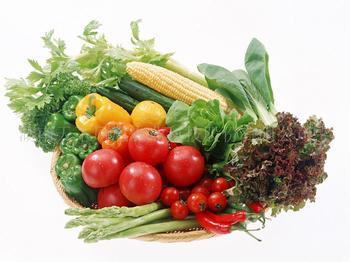 Between 2008 and 2012, Russia’s import share of frozen fruits and vegetables fluctuates from 74% in 2010 to 64% in 2012, while domestic production in the same period increased from 9% in 2010 to 2012. 14% range because Russian products are mainly produced from imported raw materials, and these imported raw materials are only subcontracted in Russia. Therefore, the products of domestic enterprises can only be called conditionally as Russia. Therefore, in Russia's frozen fruit and vegetable market, the proportion of imports is actually much higher. Therefore, the Russian frozen fruit and vegetable market is import dependent.
Between 2008 and 2012, Russia’s import share of frozen fruits and vegetables fluctuates from 74% in 2010 to 64% in 2012, while domestic production in the same period increased from 9% in 2010 to 2012. 14% range because Russian products are mainly produced from imported raw materials, and these imported raw materials are only subcontracted in Russia. Therefore, the products of domestic enterprises can only be called conditionally as Russia. Therefore, in Russia's frozen fruit and vegetable market, the proportion of imports is actually much higher. Therefore, the Russian frozen fruit and vegetable market is import dependent. In 2008-2012, actual sales of frozen fruits and vegetables in Russia increased by 20%, from 244,000 tons to 294,000 tons. In 2009, sales of products dropped by 5% compared with 2008. During the financial crisis, many people abandoned their purchase of non-essential goods due to poor income.
In addition, demand for high-priced frozen fruits and vegetables has fallen in the retail industry, and it has shifted to low-priced products. In 2010-2012 sales of frozen vegetables and fruits showed a growth trend: in 2012 sales were 27% higher than 2009 levels. Analysts estimate that the actual sales of frozen fruits and vegetables will continue to increase in 2013-2017, with an average annual increase of 7%. Sales will reach 414,000 tons by 2017 and will exceed 41% in 2012 levels.
In 2008-2012, the largest sales volume of frozen fruits and vegetables in Russia was retail. During this period, retail sales accounted for an average of 61%, industrial processing accounted for an average of 14%, and the remaining 25% were for the catering industry.
Face Recognition Time Attendance
Face Recognition Time Attendance,Free Software Face Recognition Time Attendance,Face Recognition Attendance Machine,Face Fingerprint Time Attendance
Chongqing Huifan Technology Co.,Ltd. , https://www.huifantech.com